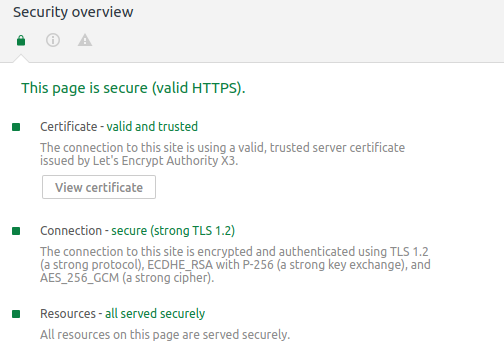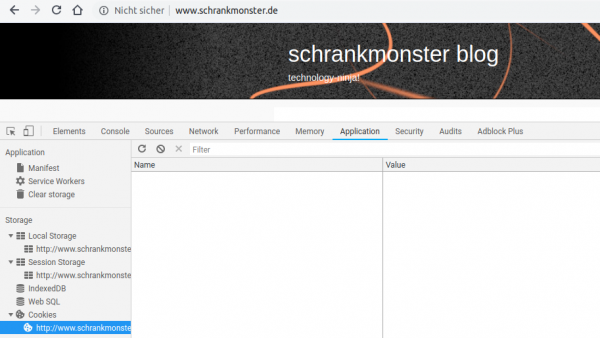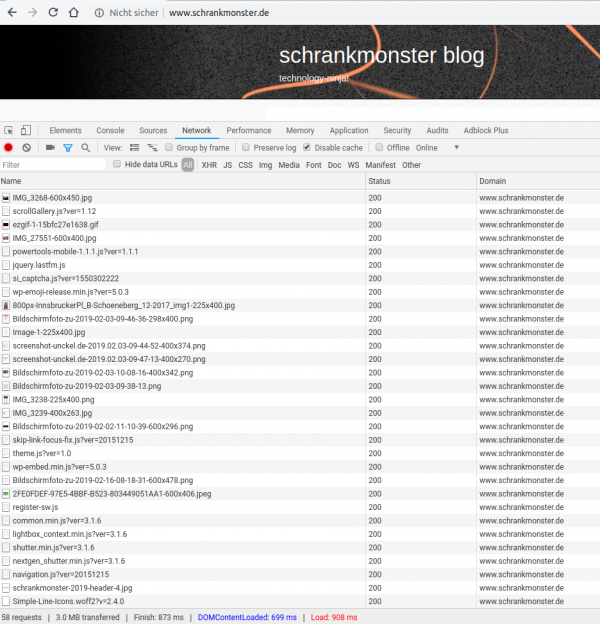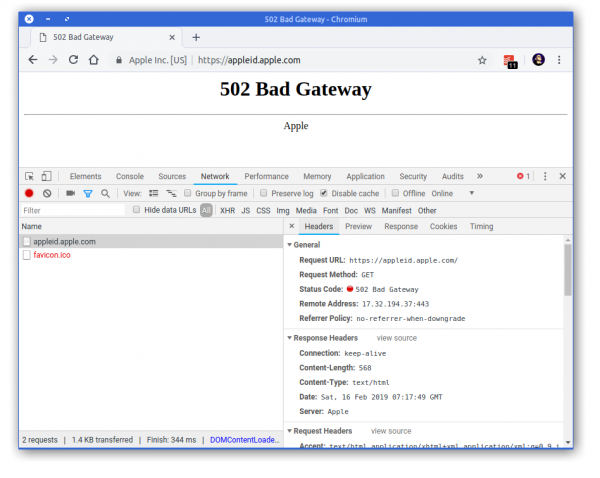As of early 2019 I’ve started to bring back my content output stream to this website/weblog.
So far I am feeling quite confident publishing content here and even with changing legislation I am doing my best to provide an as good as possible experience to each visitor.
As of End-of-February 2018 this blog is being provided securly encrypted with SSL certificates from Let’s Encrypt.
So security is one thing. Data privacy and safety another.
Apart from the commenting and searching there’s no functionality provided to enter/store data.
comments
When you enter a comment the assumption is that this is your call for consent. Your comment will be stored. With the information you’ve entered and can see on-screen as well as the IP address you’ve used. Akismet then is used to provide Anti-comment-SPAM functionality – so part of this data is transferred over to Akismet for processing. After moderation the comment is visible for everyone under the article you’ve created it.
cookies and browser local storage
No cookies are used or required by the website.
server logfiles
There are no logfiles. No access and no error logs. There is no tracking or analysis. There is no advertisting or monitoring. All I can see is an nginx and php process delivering websites. Your IP address is know to the server for as long as it takes to do his job of delivering the asset you asked for. Nothing gets stored on server side for your read requests.
content loading
No content is loaded from other domains or websites. Everything is hosted on my server. No data is exchanged with externals to bring you this website.





